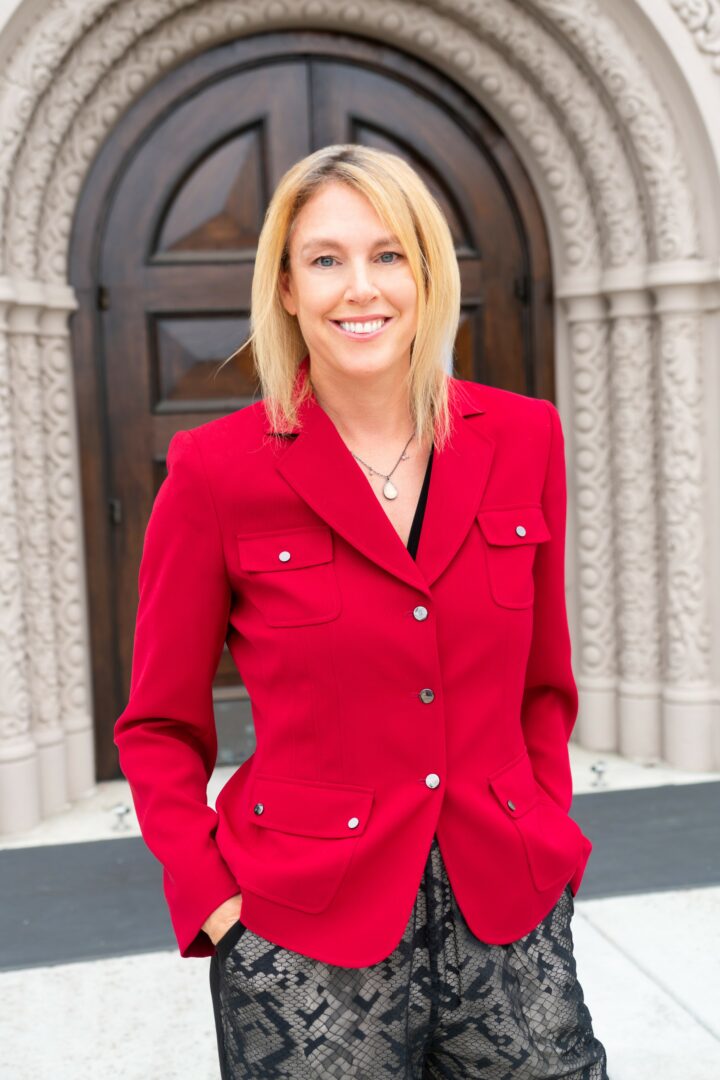We’re excited to introduce you to the always interesting and insightful ORLY LOBEL. We hope you’ll enjoy our conversation with ORLY below.
Hi ORLY, really happy you were able to join us today and we’re looking forward to sharing your story and insights with our readers. Let’s start with the heart of it all – purpose. How did you find your purpose?
I love campus life and in retrospect, it almost seems inevitable that I found my passion in the multiple hats I wear as a university professor. I love research, teaching, and institutional leadership and on campus is where they all converge, making academia feel like more than just a career but a calling. I have always been drawn to the intersection of ideas and impact—how scholarship can inform policy, how teaching can inspire future leaders – lawyers, advocates, jurists, activists, policymakers, and educators, and how institutions can serve as engines of social progress. The law, with its power to shape markets, rights, and opportunities, centers many of the questions I have always had about how to build better, more equal – and indeed happier – societies. As a professor, I get to challenge assumptions, explore the evolving frontiers of innovation and competition, and develop legal frameworks that can lend themselves to real reform. The classroom is where theory meets lived experience, and I find deep fulfillment in guiding students to think critically about the structures that govern our world. Beyond the classroom, my work extends into collaborative research, consulting work, and public engagement. I am so grateful to work in an environment that encourages and supports the exchange of ideas, including through interdisciplinary projects. As the founding director of the Center of Employment and Labor Policy (CELP), I take pride in building spaces where diverse perspectives drive meaningful change, by mentoring students, leading policy discussions, and strengthening academic institutions as platforms for progress. Ultimately, being a law professor allows me to bridge theory and practice, scholarship and advocacy, education and impact—focusing on the values at the heart of our democracy.
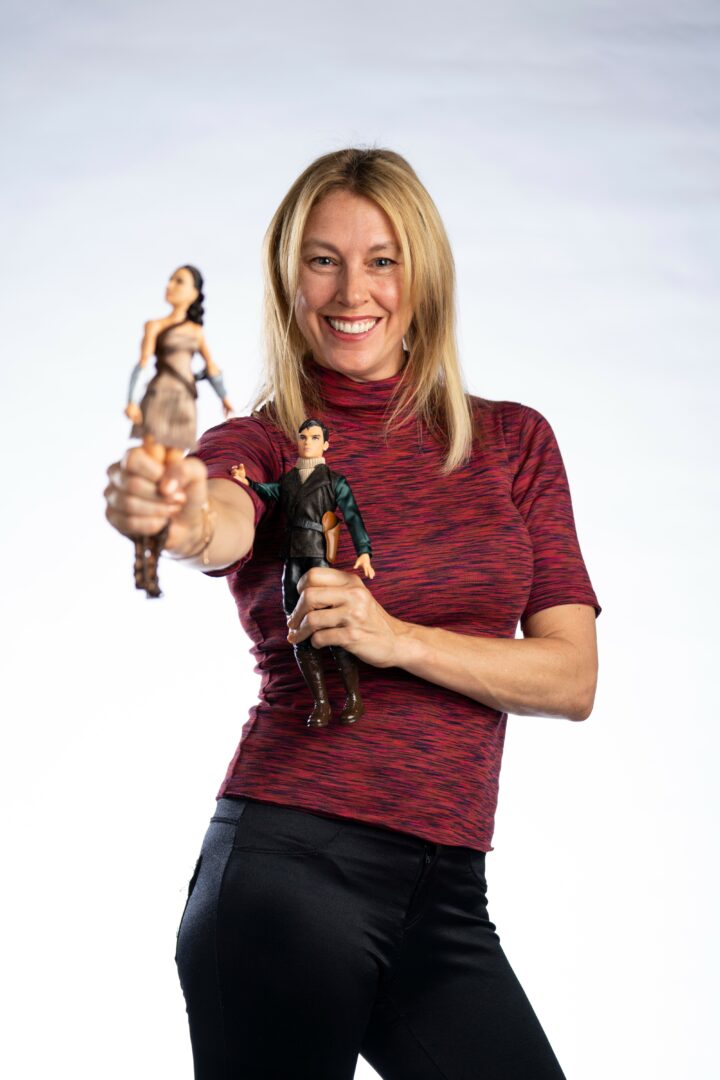
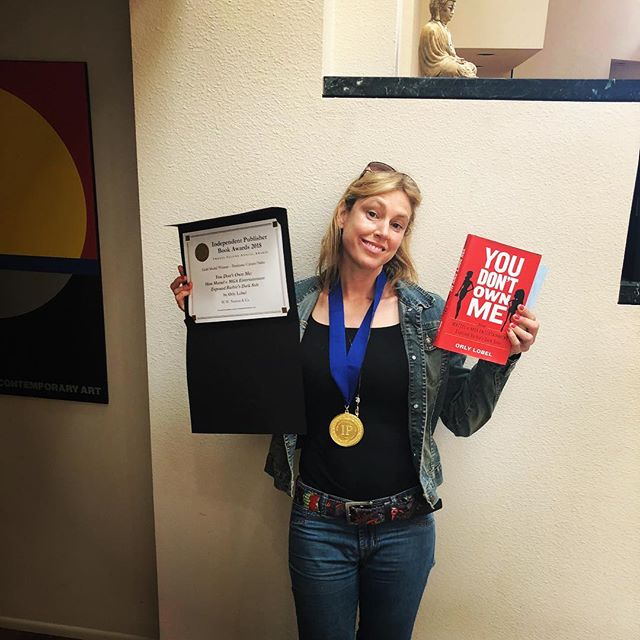
Thanks for sharing that. So, before we get any further into our conversation, can you tell our readers a bit about yourself and what you’re working on?
Storytelling is a way we can learn about ourselves and change the world. Beyond my academic research, I have been fortunate to be able to translate the insights to fascinating narratives for the broader audience. My new book, The Equality Machine, presents a deeply hopeful vision of how AI and digital technology can be harnessed to create a more just and equitable world. In an era where AI and automation are often framed as threats to fairness and democracy, the book guides us on how we can flip the script—showing how, when designed thoughtfully, technology can reduce bias, expand opportunities, and empower marginalized communities. With real-world examples that span the full human experience: from our work lives, our health, our consumer preferences, our dating and love lives, family and homes, the book dismantles dystopian fears and replaces them with a roadmap for ethical innovation. The Equality Machine was selected as Best Book of the Year by The Economist and received rave reviews worldwide. It is a crisp timely read for everyone because our world is changing and we should all be part of the conversation: we should all have, as I term it in the book, skin in the AI game.
My previous book, You Don’t Own Me, has been described by the Financial Times as a page turner. You Don’t Own Me is the gripping story of the high-stakes battles over intellectual property, creativity, and control that occur in every industry—through the lens of the toy industry and the Barbie vs. Bratz legal war. I hope and believe that these stories will make you rethink everything you thought you knew about ownership, originality, and the hidden rules that govern our markets, work, and cultural lives.
I love public speaking and have been fortunate to keynote major events around the world, from the United Nations’ AI for Good conference in Geneva to the World Economic Forum Digital Transformation meeting in Japan. I consult firms on innovation, tech policy, and talent management and serve on boards of public and private ventures.
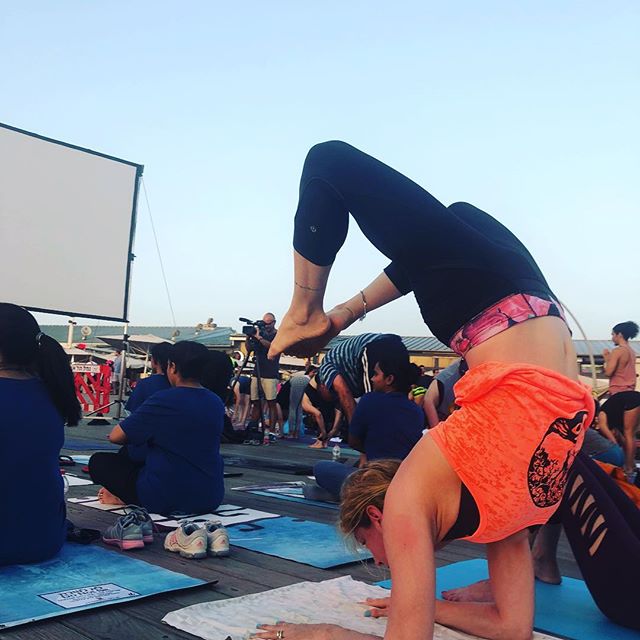
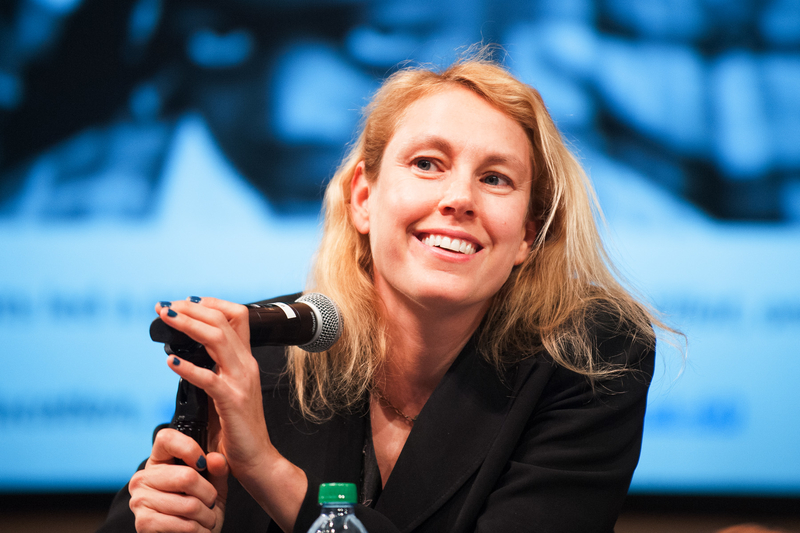
Looking back, what do you think were the three qualities, skills, or areas of knowledge that were most impactful in your journey? What advice do you have for folks who are early in their journey in terms of how they can best develop or improve on these?
I’d say the three qualities that were most impactful in my journey have been curiosity, grit, and a commitment to impact-driven writing. First, intellectual curiosity has been my driving force—I’ve always been eager to explore the intersections of law, technology, markets, human behavior, and society. That curiosity has allowed me to engage with diverse disciplines, from behavioral science to economics, to collaborate with many other researchers and business leaders from various industries, and has helped me ask better questions and find deeper insights. For those early in their journey, I’d encourage embracing a broad learning mindset—read widely, follow ideas across fields, and never be afraid to ask the big “what if” questions.
Second, grit –the path of innovation—whether in academia, policy, or industry—requires persistence, resilience, and the ability to push through challenges. Ideas don’t always gain immediate traction, and meaningful change takes time. I’ve found that staying committed to a vision, even when faced with setbacks or resistance, has been key to making an impact. For example, when I began research non-competes — restrictions on people’s ability to move from one workplace to another – not many considered it an important issue. I published my first book Talent Wants to be Free arguing that we should ban non-competes nationally. Ten years later, in 2024, the Federal Trade Commission under the Biden Administration adopted such a rule. I’d advise young scholars and professionals to cultivate a mindset of perseverance—view obstacles as stepping stones, embrace setbacks as part of the process, and stay motivated by the long-term impact of your work. has been essential. Law and technology are constantly evolving, and being able to shift perspectives, integrate new tools, and rethink established frameworks has allowed me to stay at the forefront of important conversations.
The third element that is important to me is that research moves beyond theory and makes a real-world impact. Whether through policy work, mentorship, or public engagement, I strive to connect ideas to action. My advice? Seek out ways to apply your work, engage with decision-makers, and always ask how your expertise can contribute to a better future.
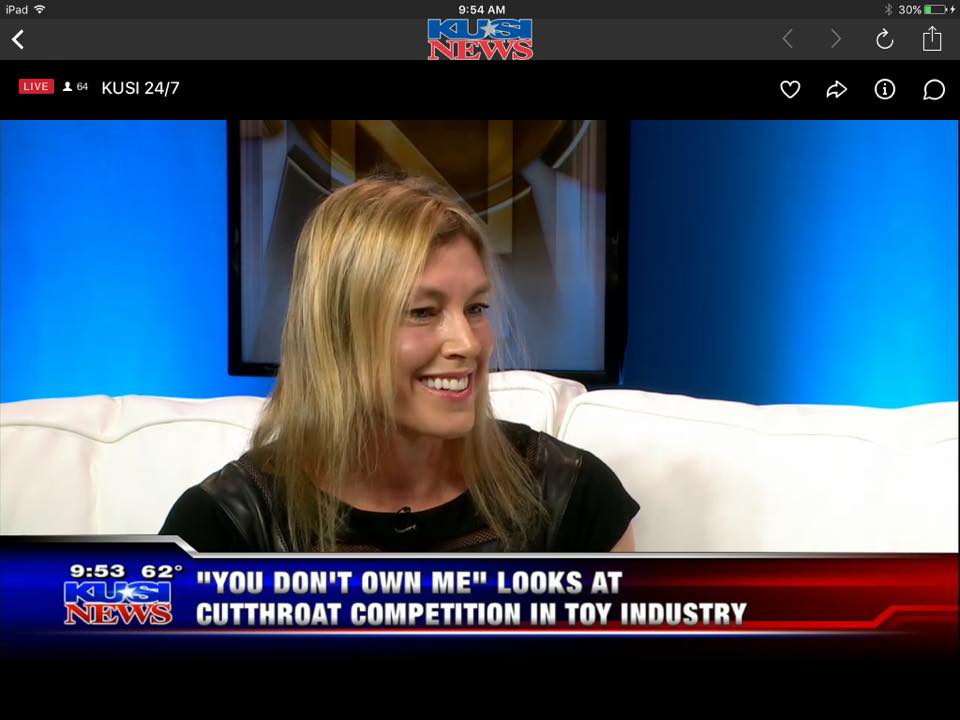
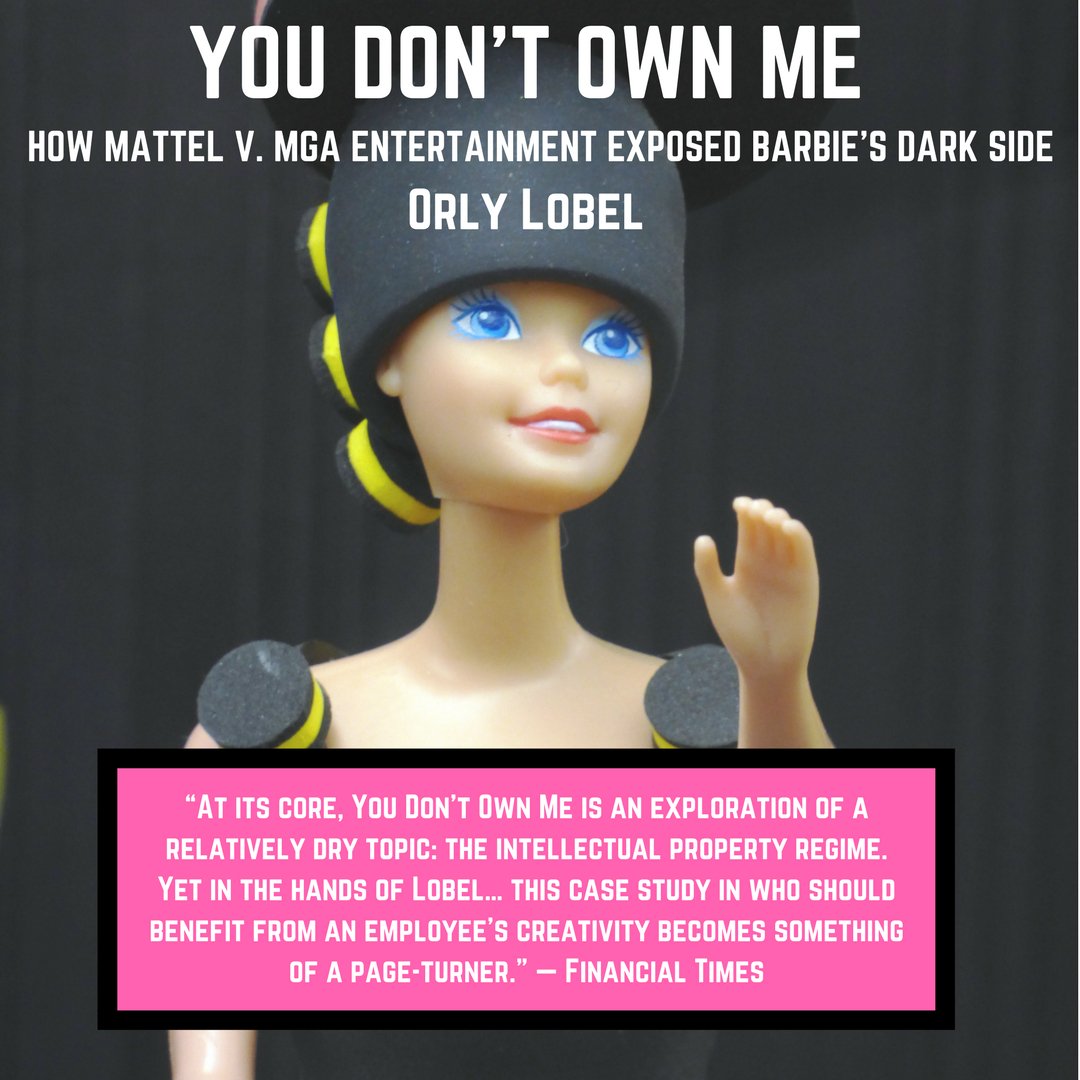
What do you do when you feel overwhelmed? Any advice or strategies?
When I feel overwhelmed, I turn to movement and nature—it’s one of the great advantages of living in Southern California. I find that stepping away from my desk and getting outside, whether it’s going for a run, hiking in the hills, playing tennis and pickleball, or even just taking a walk with my dog- or doing a yoga flow – on the beach, helps me reset both mentally and physically. There’s something about being in motion, breathing fresh air, and feeling the expansiveness of the ocean or the mountains that puts everything into perspective. My advice for managing overwhelm is to build in these moments of balance proactively, not just when stress reaches its peak. It’s easy to get caught up in work, but I’ve learned that regular movement and time outdoors make me more creative, focused, and energized. I also believe in fully disconnecting when I do these activities—no emails, no notifications, just being present. Whether it’s a morning run before the day starts or a sunset hike to clear my mind, these habits help me approach challenges with clarity and resilience. And added bonus: you can schedule much of these activities with friends and family, giving us the boost of our social network and the much needed connection and catch up team with loved ones.
Contact Info:
- Website: https://orlylobel.com
- Instagram: @orlylobel
- Facebook: @orlylobel
- Linkedin: @orlylobel
- Twitter: @orlylobel
- Youtube: @orlylobel
- Other: https://www.amazon.com/Equality-Machine-Harnessing-Technology-Inclusive/dp/1541774752
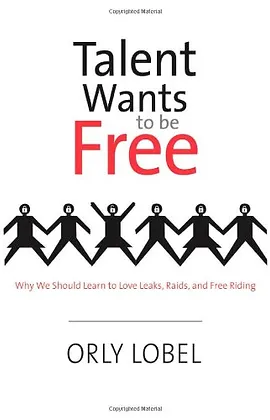
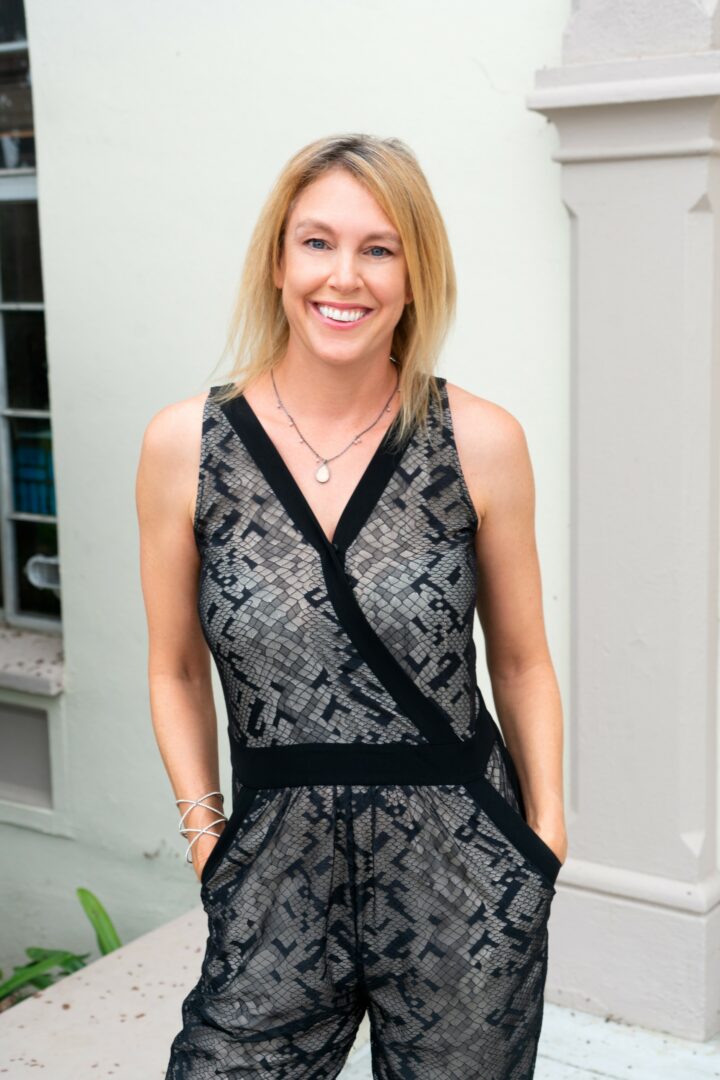
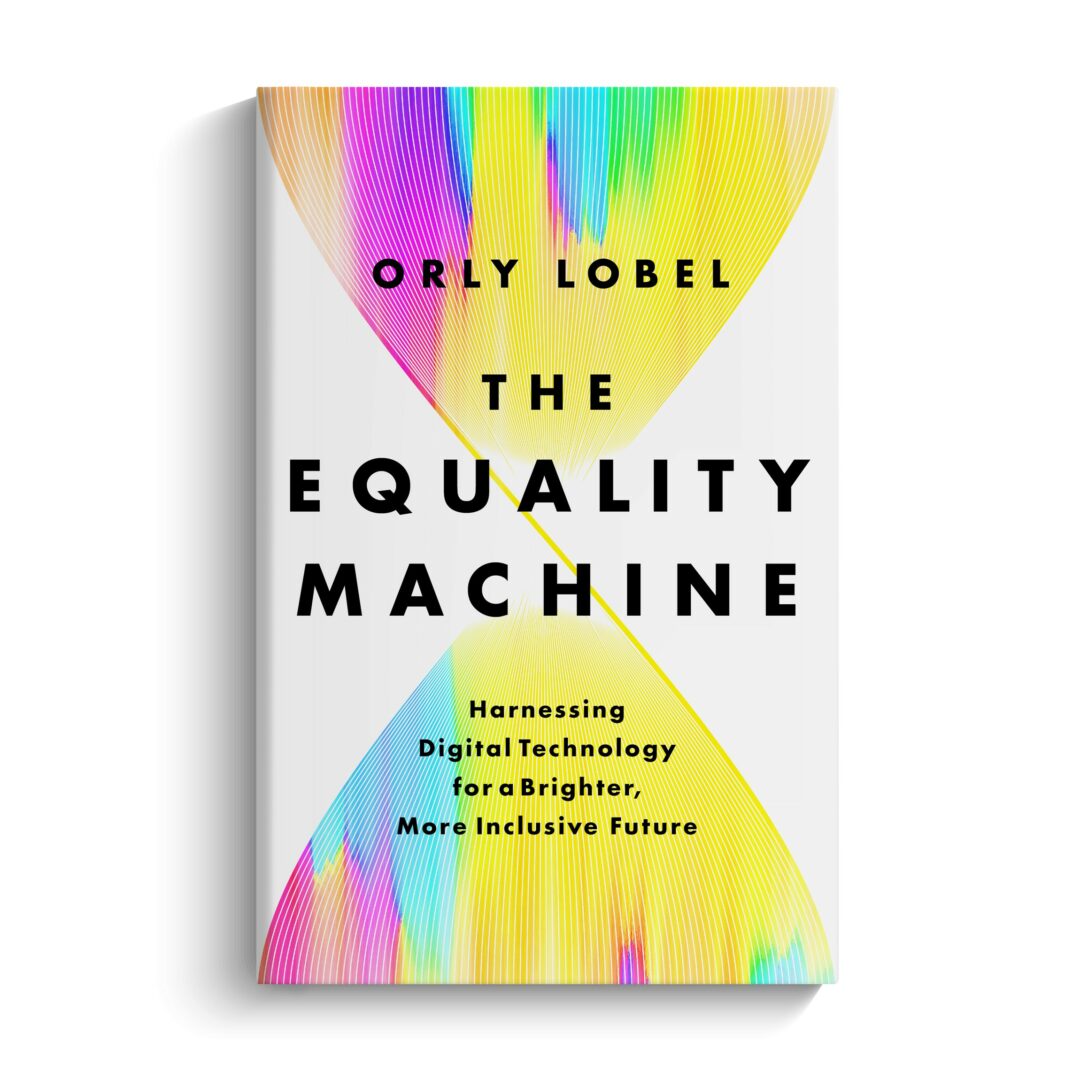
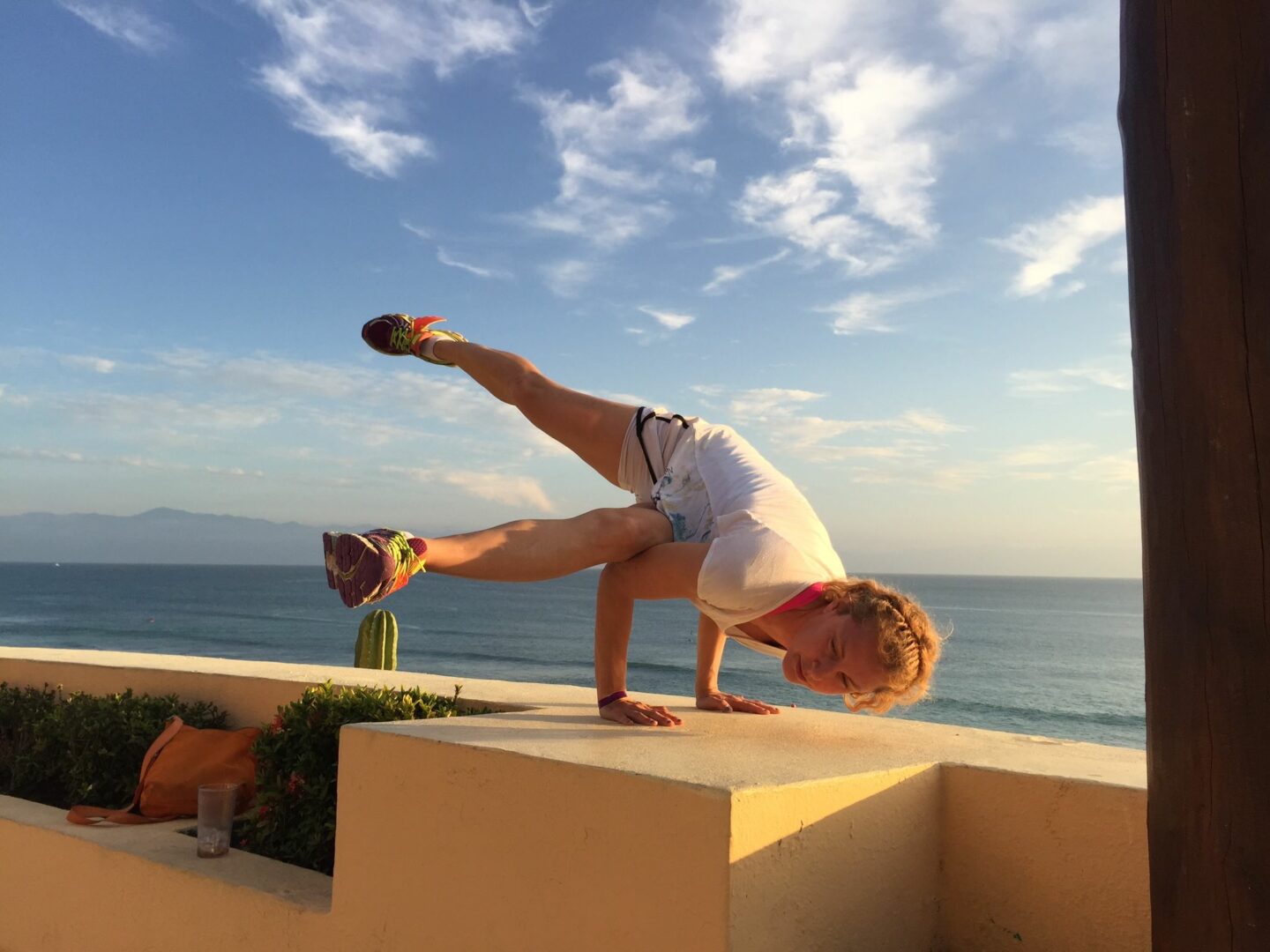
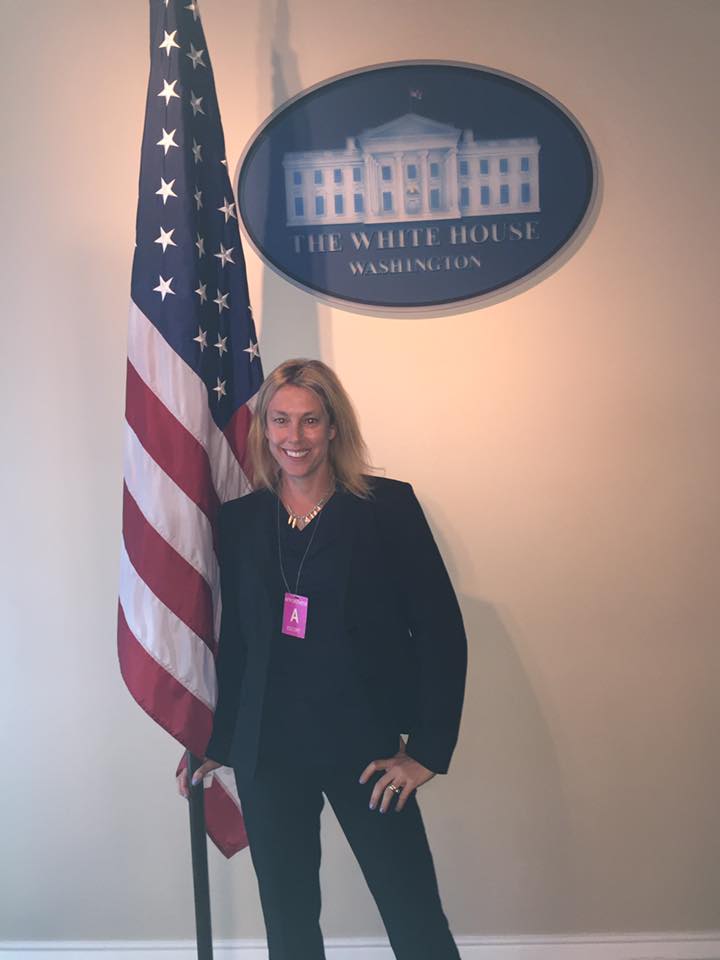
Image Credits
Gerri Goodale
so if you or someone you know deserves recognition please let us know here.

